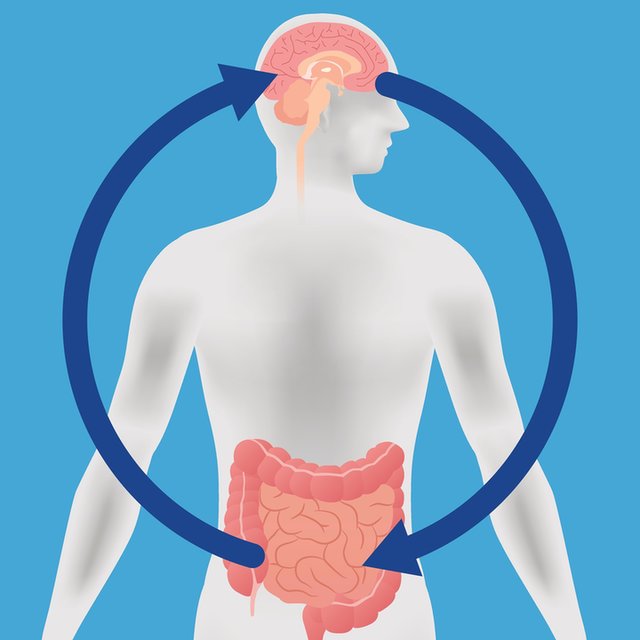WHAT KIND OF SUPPORT
CAN YOU EXPECT
FROM PROBIOTICS DURING
THE COVID-19 PANDEMIC?
NUTRITION AND COVID 19

Covid-19 has changed the way we live in an unprecedented extent. In the “new normal”, we can’t vent through social gatherings and exercising ; we increasingly work from home, with the associated complications in balancing the work and personal life balance, snacking all the time and trying to focus on the meetings on Teams while the kids scream around; we wear face masks for hours on end and put on sanitary gel many times a day. This new everyday life challenges our mental wellbeing, immune system, outline and skin health to name a few.
A positive side effect however is that we tend to give more attention to our health and that of our loved ones, which brings an opportunity for the nutrition and supplements industry.
In particular, a good microbiome hygiene and probiotics can be great companions to handle these hard times in more serenity. Here’s why.
INTRO
Some ingredients stimulating the immune system, such as echinacea, have been pointed out by the French authorities as a potential hazard during the pandemic (Avis de l’ANSES, Catanzaro) because they activate the immune system in a manner that accentuates an inflammatory response. Inflammation mediated by IL-6 and TNF-alpha can actually put people at risk of more severe symptoms of Covid-19 and even higher mortality (Liu and Aziz).
70 to 80% of our immune cells are situated in the gut and they represent our first line of defense against infection. Through co-evolution, our immune system learnt to recognize friend from foe through the contact with the gut microbes (Surana, Lazar, Thaiss, Francino). Loss of microbial diversity hinders the immune system’s good development and efficacy, and tends to accentuate inflammation.
PROBIOTICS FOR AN EFFECTIVE IMMUNE RESPONSE

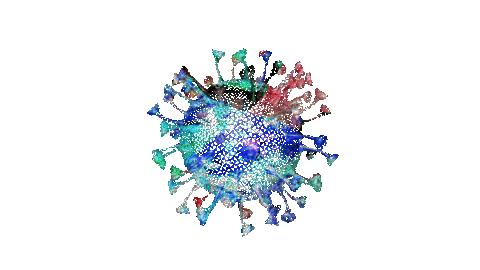


The right probiotics can help balance the immune system to ensure an effective response. For this purpose, they should be able to induce the production of Natural Killers and Interferon-alpha, while limiting the emission of pro-inflammatory IL-6 and TNF-alpha. They should also inhibit pathogens to prevent secondary infections. This is actually the main reason why the Chinese authorities, at the beginning of the outbreak, recommended the use of probiotics (Gao and National Health Committee of the People’s Republic of China). Probiotics can also participate in the defense through reinforcing the gut barrier integrity, to avoid the leaking of pathogens and their pro-inflammatory fractions to enter the bloodstream and participate to inflammation and infection spread.
In consequence, it is important to identify probiotics that were clinically proven to reduce the prevalence and duration of infection, ideally including viral infection like flu (Pregliasco, Belcaro), but also to ensure that these specific strains do not stimulate the sub-parts of the immune system that participate to the gravity of Covid-19.
Have you also noticed how the boredom and stress associated to the lockdown are making us eat more, especially comfort foods ? It’s not just you, it’s scientifically proven (Moynihan, Yılmaz, Rodríguez-Martín). This box of cookies ready at hand while you are working in your living room is really not helping…
Low-income families are growing even more vulnerable to food insecurity and pediatric obesity (Tester). Selected probiotics, through their various mechanisms of action linked to the interplay with the gut-brain axis, inflammation and satiety, like the strain Hafnia alvei isolated from camembert cheese (Legrand), can be of help also to reduce your cravings and balance your metabolic health. A new study on overweight and obese children and teenagers shows that the two strains B. breve BR03 and B632 are able to deepen weight loss in comparison with placebo, and improve parameters of insulin sensitivity (Solito/Prodam).
The authors of this study conclude that the approach in the future should be of personalized nutrition, and that these specific probiotics are able to modulate the comorbidities of obesity such as diabetes.
PROBIOTICS AND MANAGING YOUR WEIGHT
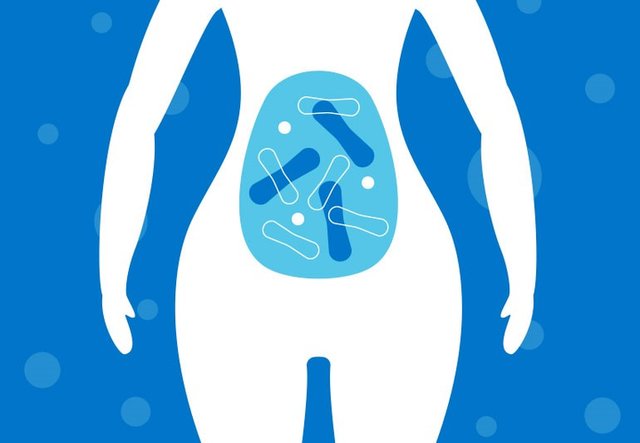
Because atopic dermatitis acute phases are associated to stress and anxiety, because the itch can preclude good sleep, and because frequent hand washes and sanitizing gel application damage the skin and its microbiome, this period is especially hard for atopy sufferers. The comorbidities can go both ways, as stress participates to the eczema relapses (Lin, Meštrović-Štefekov), and as atopic dermatitis can increase risks of neuropsychiatric disorders including depression, and other atopic disorders like hay fever and asthma (Silverberg).
In this case again, the right probiotic strains have a role to play thanks to their ability to rebalance the immune system and the skin microbiome. Atopic dermatitis is characterized by an excessive Th2 immune response, and carefully selected strains such as L. salivarius LS01 are able to rebalance the immune system and address the root of the disorder. LS01 is also able to oppose Staph. aureus (Deidda), which is present on about 80% of lesioned atopic skin, vs. only 5 to 10% of the skin of healthy individuals, and thought to participate to the inflammation and pathogenesis of atopic dermatitis (Nakamura). Clinical studies demonstrated that oral supplementation with this strain alleviated skin lesions and symptoms (Drago, Niccoli).
PROBIOTICS IN RELATION TO ATOPIC DERMATITIS
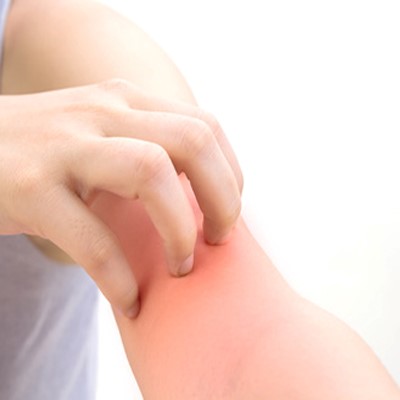
A study involving healthcare professionals in China (Zuo) showed that 44% of acne patients reportedexacerbation when wearing N95 masks. Like atopic dermatitis, acne is also hypothesized to be aggravated by the emotions of stress (e.g., depression and anxiety) by alterations the gut microbiota and increasing intestinal permeability (Lee).
Lumina Intelligence reports that acne has become a hot topic in the probiotics industry as a result of the Covid-19 pandemic. Companies like Yun Probiotherapy, Skin & Out and Gallinée already propose microbiome or probiotics-based solutions, both for oral intake and topical application, to target acne through the modulation of the skin bacteria and inflammation.
Indeed, probiotics can be of help in this area thanks to different properties: they can reduce inflammation and pathogenic bacteria associated to acne vulgaris such as Cutibacterium acnes (Deidda, Rahmayani), and even regulate gene expression (Fabbrocini).
Users comments and reviews on such products are extremely enthusiastic as many find their problems finally resolved after years of struggle and antibiotics intake.
PROBIOTICS AND ACNE
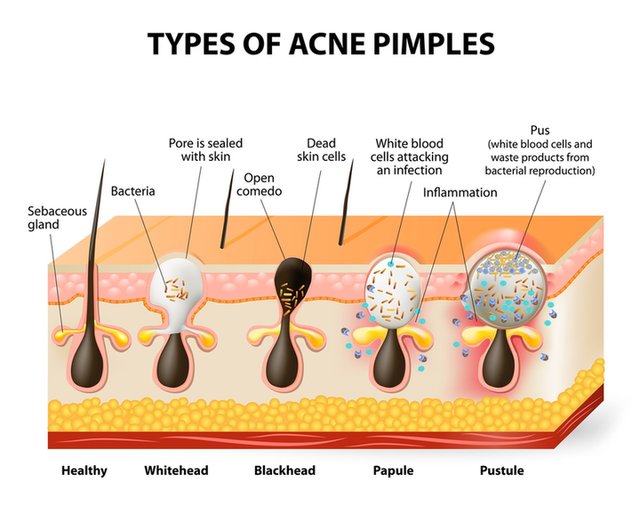
REFERENCES
CONCLUSION
Not all probiotics are created equal and you won’t find a product that can do all of the above. Careful selection of specific strains studied for the required effect is however a very potent and scientifically-supported way to support health to face the special challenges of this historic time, with an unrivalled safety profile.
Caring for your microbiome through a healthy, fiber-rich diet, exercise and exposure to nature and dirt are also very important, and your 40 trillion microscopic companions will thank you for that.
ABOUT THE AUTHOR
Before entering industry, Nina Vinot was involved in nutritional research at Penn State University, USA, the French National Center for Scientific Research (CNRS) and the National Institute for Agronomic Research (INRA). She has an Engineer Degree in Agronomy from AgroParisTech, Paris Institute of Technology for Life, Food and Environmental Sciences. Today she manages probiotics sales across Western European markets for Probiotical.

A report from the second half of 2020 from FMGC Gurus (FMCG Gurus report sample for Vitafoods 2020), observes that 53% of global food supplement consumers (ie. 10% of the global population) want to improve cognitive and mental health by using supplements. 40% mentioned the desire to improve their sleep issues.
We now know that 90% of the circulating serotonin comes from the gut (De Vadder), that brain neurotransmitters, including dopamine, are affected by our gut microbes (González-Arancibia) and that neuroinflammation and low-grade chronic inflammation are key underlying factors of depression (Liang, Kelly, Daulatzai, Felger). It is established that gut microbes and probiotics can play a role through different mechanisms of action that include direct communication through the vagus nerve, production of hormones and neurotransmitters, and immunomodulation.
Some probiotic strains were selected for their ability to produce Gamma-aminobutyric acid (GABA), the main inhibitory neurotransmitter in the central nervous system, for their ability to reinforce the gut barrier and, oppose pathogens and/or exert anti-inflammatory ability, and several probiotic products were clinically demonstrated to improve mood, quality of sleep (Marotta) or even stress, anxiety, depression in both healthy and depressive populations (Messaoudi, Kazemi).
Euromonitor also highlighted that even prior to the Covid outbreak, over 50% of consumers reported feeling moderate to acute stress and anxiety, and the figure exceeded 60% on generations of working age. People are looking for holistic solutions and look for alternatives to antidepressants: associations of probiotics, adaptogens and vitamins could be a great integrated help.
PROBIOTICS SUPPORTING MENTAL HEALTH
